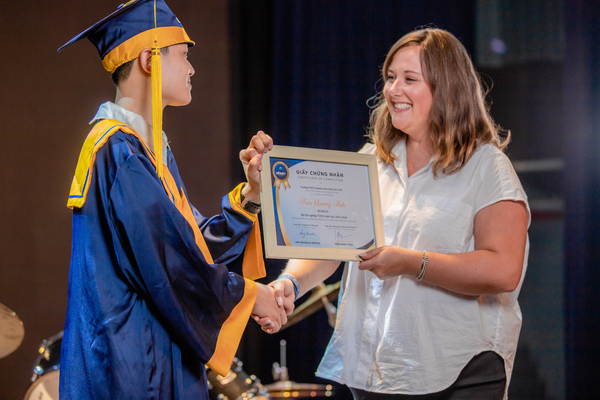In today’s interconnected world, education plays a pivotal role not just in academic achievement but in fostering globally minded citizens. International schools are at the forefront of this educational evolution, offering a learning experience that integrates cultural awareness, critical thinking, and future-ready skills. These institutions are more than just places of study—they are gateways to a world of opportunity.

Embracing Cultural Diversity as a Strength
International schools offer an immersive multicultural environment, where students from various nationalities and backgrounds learn side by side. This diversity isn’t merely incidental—it’s foundational to the learning experience. When students interact with peers from different cultures daily, they develop empathy, adaptability, and a genuine appreciation for perspectives that differ from their own.
Rather than promoting a single worldview, international schools encourage open dialogue, collaboration, and respect for global customs and values. From celebrating international festivals to participating in cross-cultural group projects, students develop cultural fluency that prepares them for success in international careers and communities.
Multilingual Environments Build Stronger Communicators
A hallmark of many international schools is the use of multiple languages in both formal instruction and informal communication. Students often become proficient in more than one language, an increasingly important asset in the global economy. Whether through bilingual classrooms or language immersion programs, international schools provide environments where language is not a barrier but a bridge.
The ability to switch between languages nurtures cognitive flexibility and improves problem-solving abilities. More importantly, it cultivates an appreciation for cultural nuance—a skill that’s vital for effective communication in international business, diplomacy, and multicultural teams.
Academic Excellence with a Global Lens
Unlike conventional curricula that often emphasize memorization, international schools adopt globally recognized frameworks such as the International Baccalaureate (IB) or A-level. These academic programs promote inquiry-based learning, interdisciplinary thinking, and real-world application of knowledge.
This approach helps students become independent learners and critical thinkers—traits that top universities and employers actively seek. These globally benchmarked curricula prepare students not just for exams, but for meaningful contributions in a world that values innovation, adaptability, and ethical decision-making.
Nurturing the Whole Child Through Holistic Learning
International education goes beyond test scores. These institutions are deeply committed to holistic development—fostering not just intellectual growth but emotional, physical, and social maturity. A broad range of extracurricular programs, from robotics clubs and sports to visual arts and community service, offer students ample opportunities to discover their interests and talents.
Participation in such programs cultivates leadership, teamwork, and resilience. Students learn to navigate challenges, take initiative, and build strong interpersonal relationships—skills that are essential in both personal and professional life.
Creating Global Citizens with Purpose
Perhaps the most significant advantage of an international school education is the cultivation of global citizenship. Students are encouraged to think critically about global challenges—from climate change to inequality—and take initiative in seeking solutions. Through sustainability programs, service learning, and leadership initiatives, students are empowered to become agents of positive change.
International schools instill a sense of shared responsibility and ethical awareness, ensuring that graduates are not only career-ready but also conscious of their role in shaping a better world. Whether through Model UN, volunteer outreach, or collaborative global projects, students gain the confidence and vision to lead with empathy and integrity.
Conclusion
International education is more than experiencing high quality education —it’s a comprehensive experience that develops academic excellence, cultural understanding, and real-world skills. As the world becomes more interconnected, the value of such education grows exponentially.
By fostering diversity, encouraging inquiry, and nurturing leadership, international schools play a transformative role in shaping future-ready individuals. These schools aren’t just preparing students for the next exam—they’re preparing them for the world.


























